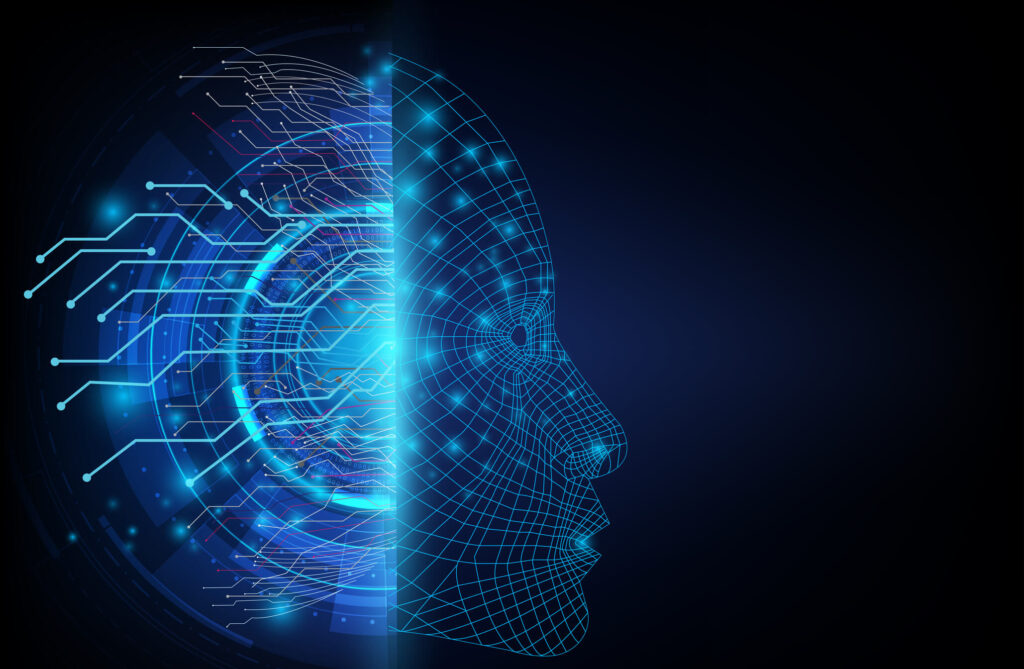If the prediction that AI will eliminate most jobs is close to being true, there is one profession that will certainly survive: AI testing. software. The testers of software will be the guardians of quality, ethics and behavior in AI-based systems. Let's look at five reasons why this is true, especially in the case of testers of software certificates.
1. The Human Presence in the AI World
The first (and most crucial) point to consider is the irreplaceable human presence that the testers of software bring to the table. AI, despite its advances in logic and processing, lacks the human touch - the intuition, ability to perceive subtleties and ethical judgment that are characteristic of human nature. The testers act as a critical human interface, ensuring that AI systems are aligned not only with technical specifications, but also with human values and social norms.
2. A Safety Net in AI Implementation
Safety in the implementation of AI is a primary concern and the testers of software are at the forefront of this battlefield. The risk of allowing AI systems to self-evaluate is similar to an untested power circuit. AI cannot be tested of itself. The testers humans provide a safety net, offering an objective and critical perspective that prevents AI systems from operating in potentially harmful or unintended ways. Their role is crucial in sectors where the risks are highest, such as healthcare, automotive, aerospace, defense and public infrastructure.
3. The Quality Assurance of Testers Certificates
Given the critical nature of this function, it is important to distinguish between testers amateurs and testers certificates. The analysis shows that the involvement of testers of software certificates leads to a defect detection efficiency of over 99%. This contrasts sharply with the efficiency rate of 35% when amateurs, such as programmers, carry out tests. In addition, the rate of introducing new problems and correcting existing ones drops significantly with the involvement of testers certificates.[1] This data is not only proof of the ability of the testers certificates, but a clear reminder of their indispensability for this critical quality function.
4. The Evolutionary Complexity of AI
As AI systems become more complex, the likelihood of difficult and unpredictable problems arising increases. The testers of software are essential for navigating this complexity, bringing a level of knowledge, understanding and adaptability that AI, in its current state, cannot achieve. The role of testers of software is evolving from merely identifying defects to architects of AI safety and reliability.
5. The Ethical Guardianship of AI
Another vital aspect that is often overlooked is the role of the testers of software as ethical guardians. As AI begins to make decisions that impact human lives, the ethical implications become a critical concern. The testers of software serve as a checkpoint, ensuring that AI systems comply with ethical standards and social norms. This role is becoming increasingly crucial as we deal with the moral implications of AI in everyday life.
The Permanent Profession in the Future of AI: Tester of Software
The testers of software it is humans who can never be replaced in a future dominated by AI. Their role transcends mere technical supervision because they are the guardians of safety, ethics and reliability in an automated world. As we venture deeper into AI, the need to testers of software competent, insightful, certified and ethical will increase. They're not just keeping up with technological advances - they're also actively shaping a future where AI serves humanity safely and responsibly. In the narrative of our AI-driven future, the testers of software are not just participants, they are the ultimate professionals who ensure that this future is safe, ethical and aligned with human values.
The original article via American Software Testing Qualifications Board can be read here.
—————–
[1] 10 Reasons You Need Testers Certified by ASTQB - ISTQB in the U.S.


